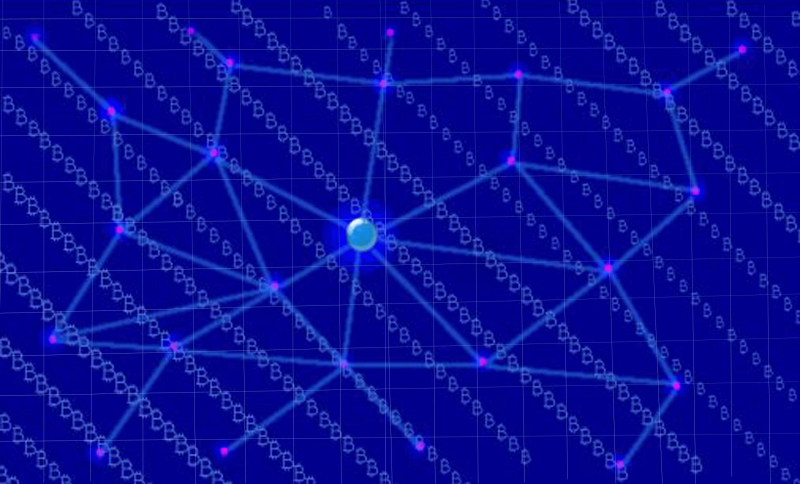In a thought-provoking essay, blockchain pioneer Trent McConaghy argues that artificial intelligence (AI) and blockchain are destined to converge, enabling a new phase of human evolution – or potentially humanity’s downfall. AI experts weigh in on whether decentralized AI can rein in unaligned superintelligence.
The meteoric rise of large language models like ChatGPT has fueled intense speculation about integrating AI with blockchain. But tech visionaries warn that while blockchain could make AI more transparent, the solutions face daunting technical obstacles. Meanwhile, rogue AI could still outpace regulation.
Blockchain facilitates transparency and access control for data and models, enabling ethical oversight. Auditability deters foul play while tokenized incentives expand data supply. If implemented properly, blockchain could make AI development more democratic, open and aligned with human values. But technical and adoption challenges remain daunting. Blockchain is no panacea but a promising piece of the AI accountability puzzle.
Trent McConaghy controversially argues that superintelligent AGIs will inevitably view human preferences as irrelevant. Just as humans disregard ants, AGI may dismiss biological humanity. Yet coexistence may be possible. McConaghy envisions cybernetic enhancements like brain-computer interfaces to radically augment human intelligence. By merging with technology, humanity could become “Nature 2.0”, keeping pace with machines. Whether such a profound transformation is achievable or desirable remains speculative.































